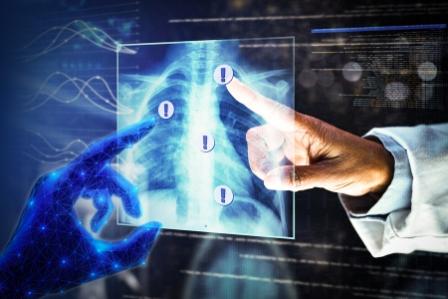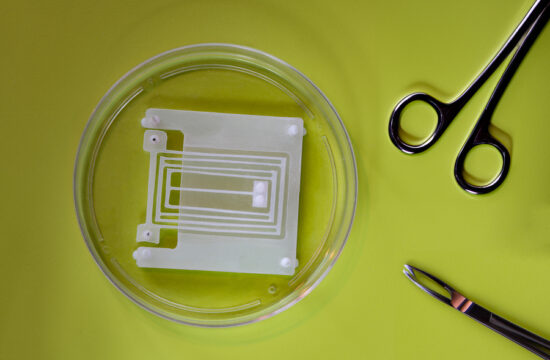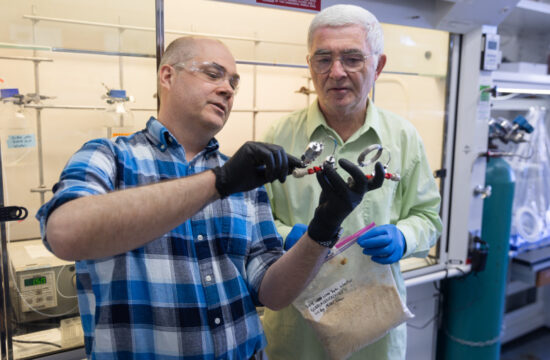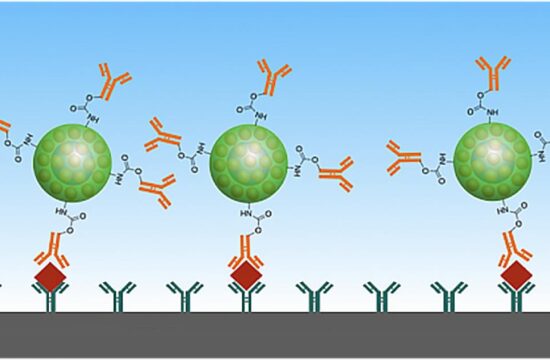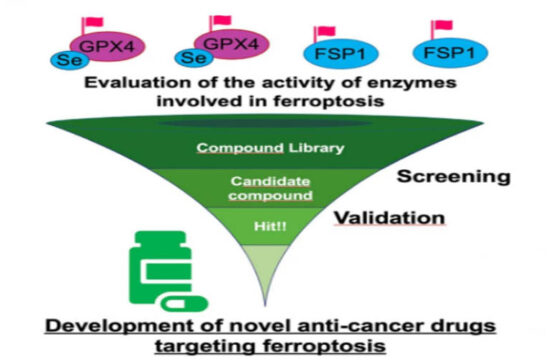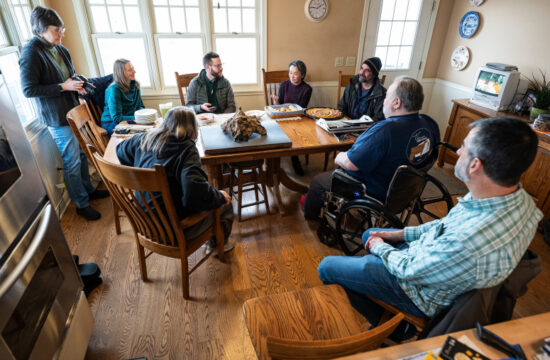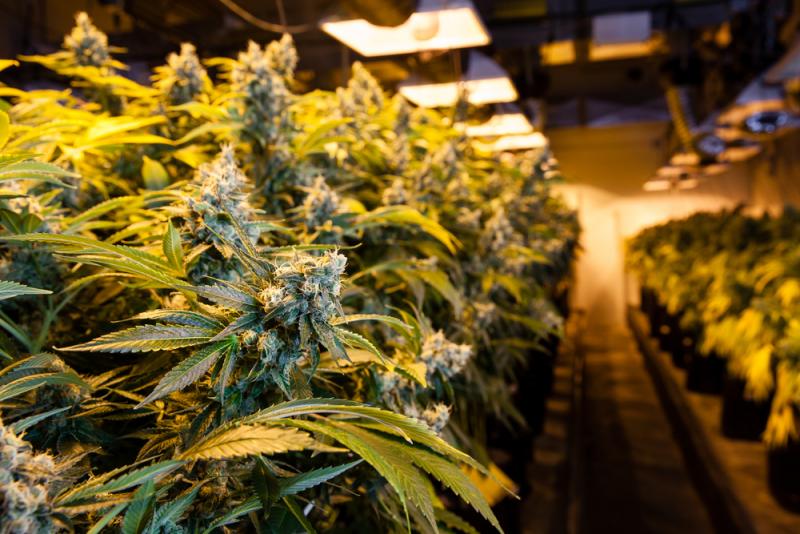 British-based GW Pharmaceuticals announced positive Phase 3 study results of its drug Epidiolex for two treatment-resistant forms of epilepsy, at the 70th Annual Meeting of the American Epilepsy Society in Houston.
British-based GW Pharmaceuticals announced positive Phase 3 study results of its drug Epidiolex for two treatment-resistant forms of epilepsy, at the 70th Annual Meeting of the American Epilepsy Society in Houston.
Epidiolex is an oral formulation of cannabidiol (or CBD), one of 500 compounds found in cannabis. Unlike the well-known compound, tetrahydrocannabinol (THC), CBD does not have a psychoactive component and does not produce a “high”.
The results of the randomized, double-blind, placebo-controlled trials, suggest CBD may help reduce the frequency of seizures in children and adults with Dravet syndrome, and Lennox-Gastaut syndrome (LGS). Dravet and LGS are diagnosed early in childhood and are two of the most difficult forms of epilepsy to treat, with seizures often persisting for many years.
“For many children with treatment-resistant Dravet syndrome, Lennox-Gastaut syndrome and other epilepsies, CBD appears to be an effective- sometimes extremely effective – treatment that is safe and well-tolerated overall,” said study author Elizabeth Thiele, M.D., Ph.D., director of the Pediatric Epilepsy Program at Massachusetts General Hospital, Boston, and professor of neurology at Harvard Medical School, in a prepared statement. “It’s not a silver bullet, but there are children who benefit from this more than they have from other treatments.”
For the Dravet syndrome trial, 120 children, with an average age of 10 years, were randomized to receive either CBD (61 children) or a placebo (59 children). Following treatment twice a day for 14 weeks, children receiving Epidiolex saw overall seizure frequency decline by 39 percent, compared to a 13 percent reduction in patients taking a placebo. Three patients taking the CBD experienced a complete stop in seizures.
The most common side effects were drowsiness, fever, and decreased appetite, among others.
In the LGS study, 171 children and adults, between the ages of 2 and 55 years, were randomly assigned to receive either Epidiolex (86 patients) or a placebo (85 patients). Patients were enrolled in the trial if they had at least two “drop seizures” during the baseline period. A “drop seizure” is when a person falls to the ground and goes limp. Participants, on average, continued to take three other anti-epileptic drugs (AEDs) throughout the trial.
After the 14 week study, LGS patients taking CBD saw “drop seizure” frequency reduce by 44 percent, compared to 22 percent in participants taking a placebo. Three patients experienced a complete stop in drop seizures. One patient taking CBD died during the study, but it was considered unrelated to the treatment. Ten percent of participants taking Epidiolex experienced serious side effects that were considered treatment related, such as abnormal liver function levels, and drowsiness, compared to 1 percent considered treatment related in the placebo group.
In both groups, caregivers of the Epidiolex group were significantly more likely to report an improvement in overall condition, according to GW’s announcement.
“These placebo-controlled studies demonstrate that Epidiolex provides clinically meaningful reductions in seizure frequency together with an acceptable safety and tolerability profile,” said principal investigator of the Dravet syndrome trial, Orrin Devinsky, M.D., of New York University Langone Medical Center’s Comprehensive Epilepsy Center, in a statement. “The epilepsy community has been eagerly anticipating the presentation of this high quality scientific data from the Epidiolex program at the American Epilepsy society. My colleagues and I are excited at the future prospect of prescribing an appropriately standardized and tested pharmaceutical formulation of cannabidiol.”
Epidiolex has both Fast Track Designation and Orphan Drug Designation from the U.S. Food and Drug Administration. The company anticipates submitting the drug for FDA approval as a prescription medicine in 2017.
Source: dddmag



